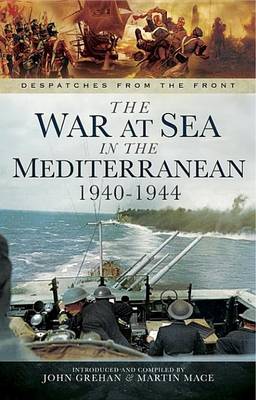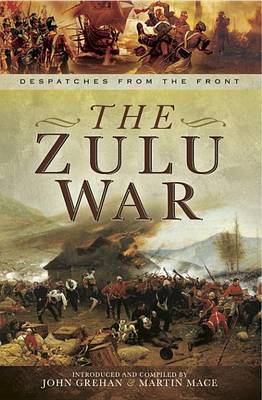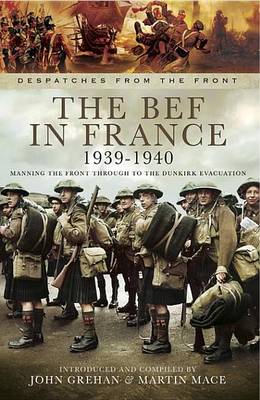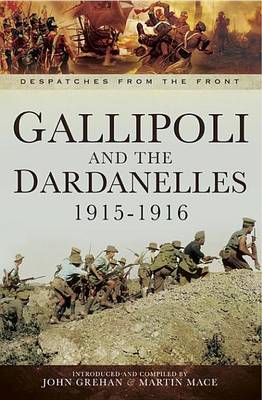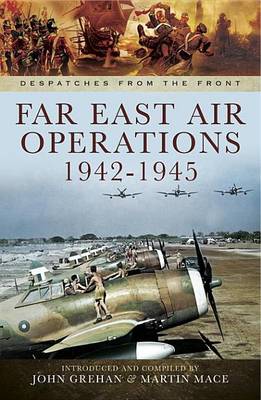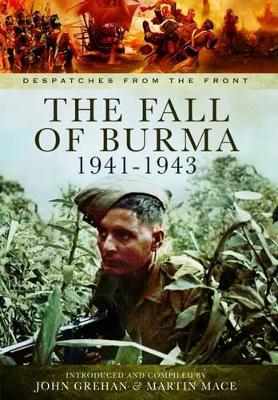Despatches from the Front
17 total works
The War at Sea in the Mediterranean, 1940-1944
by John Grehan and Martin Mace
The campaign was the first major battle undertaken by the Australian and New Zealand Army Corps (ANZAC), and is often considered to mark the birth of national consciousness in both of these countries. For the Turkish forces it would prove a major victory.
This unique collection of original documents will prove to be an invaluable resource for historians, students and all those interested in what was one of the most significant periods in British military history.
For Britain, the Boer War was the longest, the most expensive (GBP200 million), and the bloodiest conflict between 1815 and 1914, lasting three months longer and resulting in higher British casualties than the Crimean War. This unique collection of original documents will prove to be an invaluable resource for historians, students and all those interested in what was one of the most significant periods in British military history.
